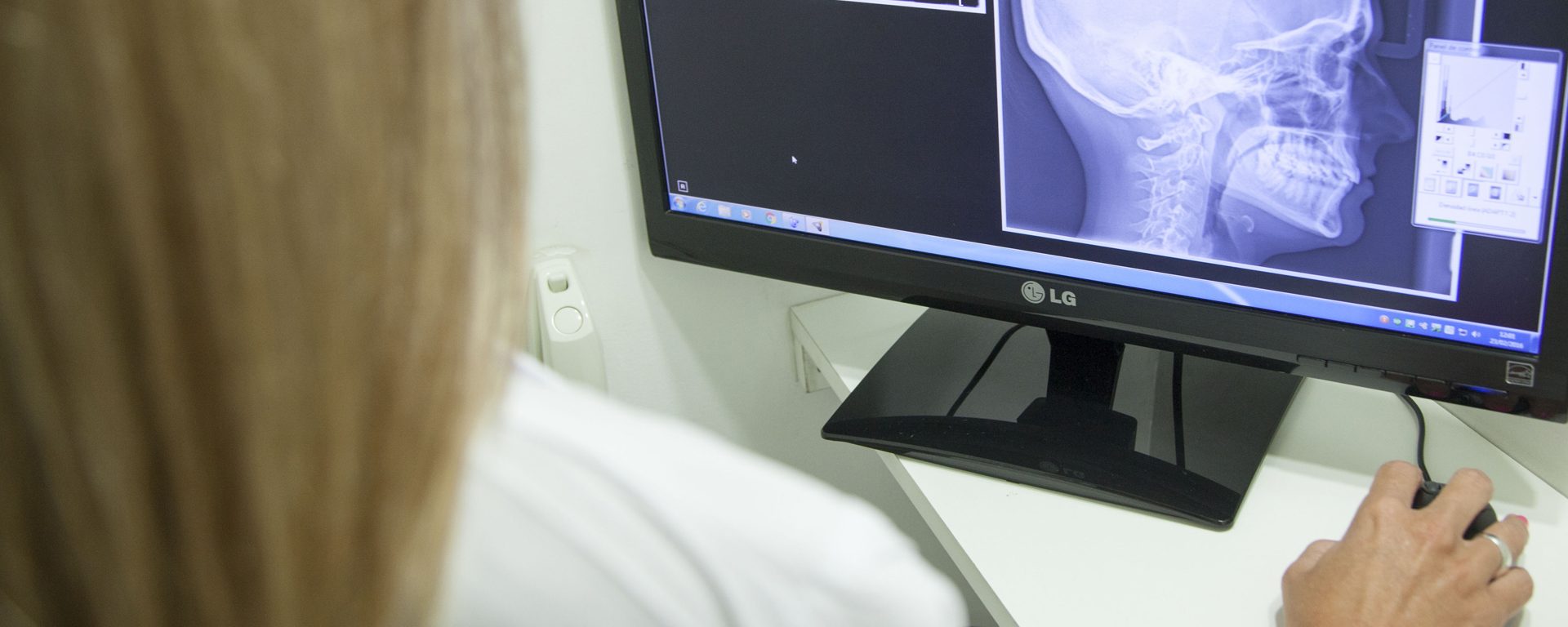Nurses are the backbone of the healthcare field. They care for patients on a daily basis, and offer critical support for life-saving treatments. And, the role of the nurse is fast-growing. In fact, the Bureau of Labor Statistics expects employment of Registered Nurses (RNs) to grow 12 percent over the next several years – much faster than the average for all occupations. The job of a Registered Nurse is also an exciting and incredibly fulfilling one.
Whether you are already working as an RN or are considering taking the leap into this rewarding field, you may want to consider earning your BSN – or, Bachelor of Science in Nursing. While an Associate degree in Nursing (ADN) is the standard requirement for the field, more and more nurses are reaching for their BSN degree.
Why? What are the benefits of getting a BSN in Nursing? So glad you asked. Here, we will break down the top six benefits of a BSN, to help you decide if this degree is the right path for you.
- Advanced Job Opportunities
If you have already been working as an RN, or you have done your research, you may know that some nursing careers are only open to those with a BSN degree. For example, School Nurses, Clinical Research Nurses, and nurses working in the U.S. Military must have a bachelor’s degree.
Not only this, but having a bachelor’s degree is needed in order to get into most graduate nursing programs and pursue more advanced nursing positions. For example, four of the top-paying nursing jobs require a BSN as a starting point:
- Clinical Nurse Specialist
- Nurse Anesthetist
- Nurse Midwife
- Nurse Practitioner
A BSN is also required for anyone who wants to move on from basic clinical care. You may find that you eventually want to move on from the hospital floor, into an administrative or educational role. The only way to get those opportunities is to with a BSN or higher degree. In a recent study of nursing jobs, it was found that nurses with an associate degree or diploma are eligible for 51% of available positions, while those with a BSN degree are eligible for 88%.
Your BSN benefits will also extend to the range of opportunity you are given. Nurses who obtain their BSN degree often have more professional selections among interesting specialties within the field of medicine – such as pediatrics, diabetes, oncology, surgery, and much more. Some of the workplace settings you can choose from with a BSN include:
- Home health care services
- Hospitals
- Nursing care facilities
- Physicians’ offices
- Schools
- More Money in Your Pocket
When you invest more in your education, you are bound to reap more return. Because RNs with a BSN degree qualify for advanced positions, they are often eligible for higher earning potential. According to the PayScale, ADN-educated nurses earn an average salary of $64K, while BSN-educated nurses earn $82K.
- You’ll Be More Skilled
Nurses who have completed their Associate Degree in Nursing learn the basic skills needed to complete clinical care for patients. One of the many benefits of BSN is the advanced skillsets learned, sharpened, and practiced at this level program. BSN students develop critical and creative thinking skills, learn to collaborate and communicate with patients and families, utilize ethical decision making, and practice professional nursing from a holistic, visionary, culturally competent point of view. These are also a few of the many outcomes of Goodwin’s RN to BSN program.
- Quality Care for Patients
Because of the advanced skills honed in a BSN program, nurses with a BSN typically offer better patient care. In fact, there is extensive research to prove this is the case. According to the American Association of the Colleges of Nursing (AACN), higher education in nursing makes a significant difference in medical outcomes. Nurses with a BSN experience higher success rates among patients, lower mortality rates, and lower failure-to-rescue rates.
- You May Need It Soon, Anyway
As technology advances, and the competition increases, the field of nursing may require all nurses to have a BSN degree, anyway. According to the New York Times, students pursuing the a nursing career today are strongly encouraged to earn their BSN within five years of earning their associate degree. This is because many places are advanced towards a BSN majority in their workforce. Connecticut healthcare employers, for example, are progressing towards an 80% BSN workforce by the year 2020.
- It’s Easier Than Ever
Thanks to the advancement of online education options, earning your degree has never been easier. Many schools offer programs that are fully available online, so you can fit classroom time in around your busy schedule! The RN-to-BSN program at Goodwin College, for example, is offered entirely online in 15-week formats. The curriculum may be completed part-time in 16 months, or you can adjust that timeline to meet your unique needs.
For those who already have a bachelor’s degree (in another field), there is also the Accelerated BSN program. This type of program is perfect for anyone who was a non-nursing major and has decided to switch up their career path. This 60-credit program can be finished in as few as 16 months full-time.
If you would like to learn more about the BSN programs available at Goodwin College, call 1-800-889-3282, or visit goodwin.edu/nursing. Start your program and be on your way to a rewarding career full of opportunity!
Goodwin University is a nonprofit institution of higher education and is accredited by the New England Commission of Higher Education (NECHE), formerly known as the New England Association of Schools and Colleges (NEASC). Goodwin University was founded in 1999, with the goal of serving a diverse student population with career-focused degree programs that lead to strong employment outcomes.

